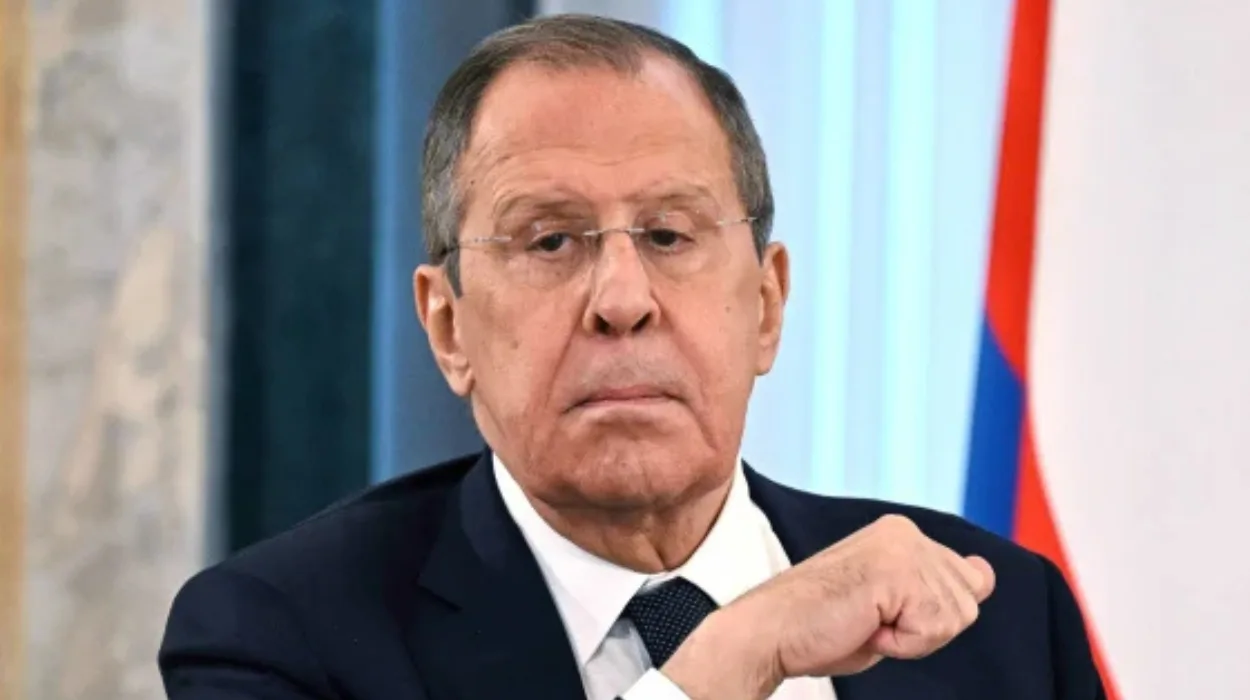US (Transatlantic Today) – A group of former senior U.S. national security officials has engaged in discreet talks with influential Russians, some reportedly close to the Kremlin, in an attempt to lay groundwork for peace negotiations in Ukraine, according to several sources informed of these discussions. This unofficial “Track Two” diplomacy, intended to test potential areas for compromise, saw U.S. participants like Richard Haass, a former diplomat, meet with Russian Foreign Affairs Minister Sergey Lavrov for several hours in New York this past April.
The discussions covered complex issues, including the control of Russian-held Ukrainian territory and potential diplomatic off-ramps tolerable to both nations. Present with Haass were Charles Kupchan, a European affairs expert, and Russia expert Thomas Graham, both from the Council on Foreign Relations. Their objective is to keep dialogue with Russia open and explore possible paths for de-escalation in the conflict. Although the Biden administration was aware of these talks, it did not initiate them, and participants briefed the White House National Security Council afterward.
The American side includes former U.S. Defense Department officials like Mary Beth Long, who has extensive NATO experience. At least one former U.S. official traveled to Russia for discussions about the Ukraine conflict. Russian participants include academics and influential think tank leaders believed to have regular contact with President Vladimir Putin, though specific names remain undisclosed for safety reasons.
The conversations reflect increasing U.S. and allied interest in exploring peace talks as the fall approaches and Ukraine’s counteroffensive continues. During a recent visit to Kyiv, CIA Director William Burns heard from Ukrainian officials on the feasibility of pushing Moscow toward peace talks by year’s end.
Following these talks, Haass and Kupchan published an article in *Foreign Affairs* advocating for a cease-fire plan where both Russian and Ukrainian forces would pull back, creating a neutral demilitarized zone to pave the way for peace negotiations. This kind of Track Two diplomacy has historical precedent, but the Ukraine talks have divided American diplomatic and policy circles. Some, like Bradley Bowman from the Foundation for Defense of Democracies, warn these unofficial negotiations could signal a desperation for a deal. Others, such as former U.S. ambassador to Russia Michael McFaul, believe any such talks should include Ukraine to avoid undermining its position.
While these informal exchanges continue, the broader path to resolving the conflict remains uncertain, with Ukraine’s future hanging in the balance amid both diplomatic overtures and active military engagements.


























